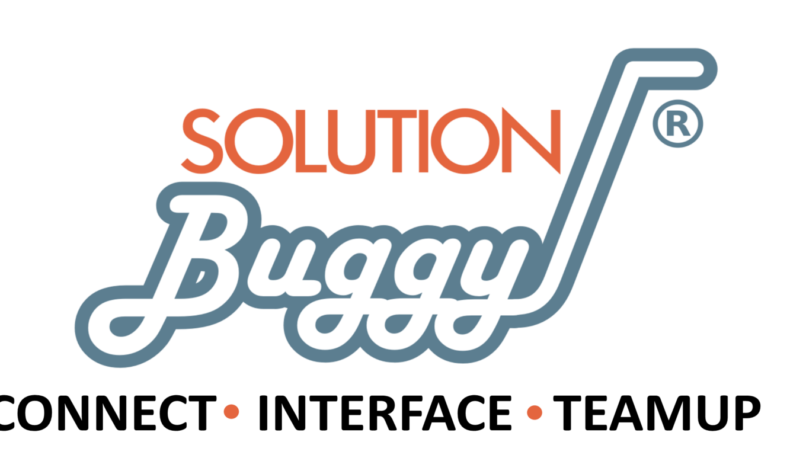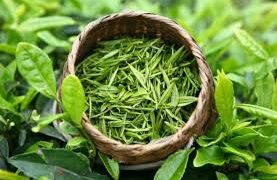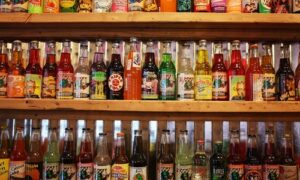
In any food manufacturing facility, it is a must to ensure hygiene and safety in food manufacturing for food quality assurance. The main purpose of the food manufacturing process is to convert food substance into something useful and economically beneficial. The food that we eat is the result of the products of animals or plants. Food processing involves several steps. These include primary processing, secondary processing, post-processing and final processing steps. While all these steps are essential, one of the most important is food manufacturing process and thus hygiene and safety in food manufacturing for food safety is necessary.
There are several reasons why food processing needs thorough hygienic care. One of the major reasons is contamination of food during the process. During food manufacturing process, various types of chemicals, enzymes, vitamins, hormones, pesticides, growth hormones and bacteria are introduced in the final product. These contaminants can affect the production process and hence the product quality. These may alter the texture, color, smell, taste and overall appearance of the food. Hygiene and safety in food manufacturing for food quality assurance is therefore very crucial.
Food manufacturers need to comply with hygiene and safety requirements in food manufacturing. The Hygienic conditions in food processing have to be maintained to eliminate the risks of contamination and to maintain the quality assurance. Hygiene and safety in food manufacturing include proper cleaning of cooking area, cleaning of surfaces, use of appropriate equipment such as temperature controller and other equipment’s and using the right kind of detergents and sanitizers. This will ensure the right level of cleanliness. It also helps to decrease the rate of food borne diseases and contamination from food residues.
The food manufacturers should implement continuous improvement in hygienic measures. They should look into new technologies and use them effectively in the production process to improve and prolong the shelf life and quality. Companies should implement strategies that take into consideration the needs of the consumers. Hygiene and safety in food processing involve many things such as the identification of sources of contamination, the identification of hazards, the elimination of the causes, and controlling or eliminating the risk factors.
The food manufacturers need to use hygienic devices during the process of food processing and storage. Some of the most important safety devices are refrigeration tube, thermal disinfection dishwashing liquid, physical and mechanical air cleaners, and food drying equipment. Hygiene and safety in food manufacturing involve using these hygienic devices for maintaining the quality and the freshness of the manufactured food products. These products should be stored in a controlled environment, such as the food preparation rooms. All the employees in the food manufacturing area should strictly implement hygiene and safety in food manufacturing and management.
Food manufacturers should also learn about the various food processing methods and apply them in their production process. Hygiene and safety in food manufacturing also involve choosing the right kind of packaging materials, which should not only be safe but should also look appealing to the consumers. Proper storage of food is an important factor to consider in order to maintain its nutritional value. Food manufacturers should make sure that all the raw materials used in the food processing are clean and uncontaminated. Proper storage facility for these raw materials should be provided by the processing plants.
The hygienic environment during food processing includes the use of clean and pure drinking water. The use of sanitary napkins and sponges during the process of food processing and storage is also a hygienic measure. It helps to reduce the risks of food borne diseases. Hygiene and safety in food manufacturing also involve providing the employees with proper training in order to prevent the introduction of any disease-causing bacteria and fungi.
There are numerous guides, which can be found useful in this regard. They are written by food industry professionals and include chapters on food handling, food safety and hygiene, food preparation, food processing techniques and food storage. These guides provide a detailed view of the complete hygiene and safety in food manufacturing for food safety and hygienic purposes. These guides are very helpful in making the food manufacturing process more efficient.
Food safety and quality is an important aspect of food processing. It is crucial to protect consumers from foodborne illnesses such as norovirus, salmonella, clostridium perfringens, campylobacter, etc. Maintaining food safety and quality requires a lot of routines to be followed across the supply chain, from farm to factory to fork.
So, food processing industries must implement safe food handling practices while preparation, handling and storage of food in order to maintain its quality, safety and avoid foodborne diseases. Our food industry experts help food businesses follow safety methods at every stage of the production cycle to ensure the safety and quality of the food products.
For more blogs and information you can also follow the link and connect .Also if you are looking for a food quality assurance consultants then you may connect with us and get help from our 20 years of verified and experience consultants.





